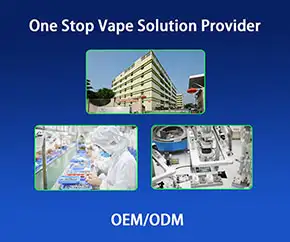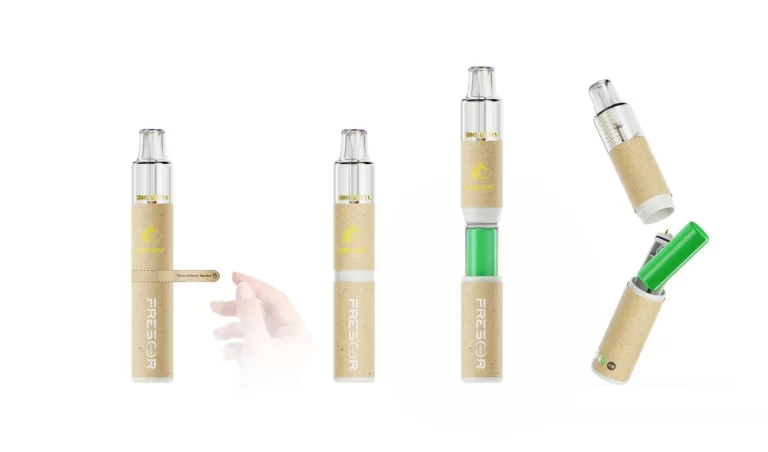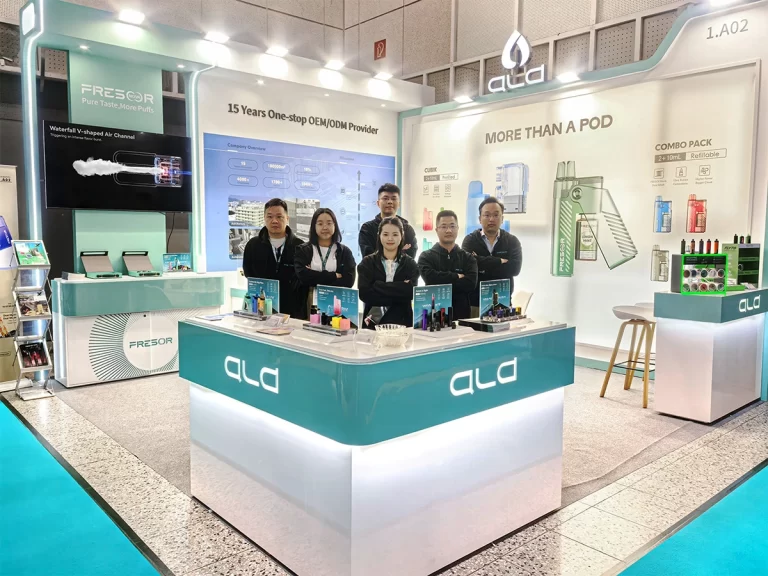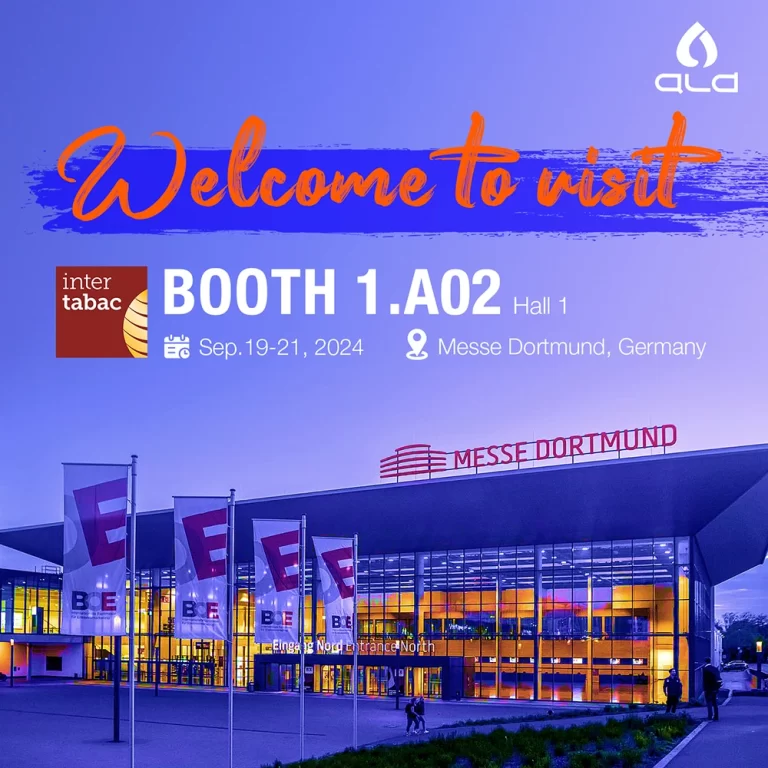
A PMTA, is a marketing authorization application that all vape manufacturers must obtain in order to launch a new vape product. However, as you will see, obtaining permission is extremely difficult. Once you file the application properly, the FDA may take up to 180 days to respond. And every new product must obtain this approval. If a company wants to sell 30 products, it must submit and successfully file 30 PMTAs. As a vape manufacturer, what is ALD doing for PMTA?
Let us begin at the beginning. The Family Smoking Prevention and Tobacco Control Act (TCA) came into law on June 22, 2009. This Act empowered the United States Food and Drug Administration (FDA). To regulate the manufacturing, distribution, and marketing of tobacco products in the United States.
Furthermore, it mandated that the introduction of any tobacco product regulated by the TCA into the market or modified after February 15, 2007. It has to be approved by the FDA before being marketed.
The TCA declared that any product derived from tobacco was now a tobacco product under federal law. Although the TCA requirements initially applied only to cigarettes, cigarette tobacco, roll-your-own tobacco, and smokeless tobacco. The Act also gave the FDA discretion over which other tobacco products would be subject to federal regulations.
As a result, the FDA issued the “Deeming Rule” came in May 2016 formally extending TCA requirements to electronic nicotine delivery systems (ENDS). Also, the e-liquids that met the statutory definition of a tobacco product.
What Exactly Is A PMTA?
PMTA is an abbreviation for Premarket Tobacco Application. The process began with the passage of the Family Smoking Prevention and Tobacco Control Act in 2009. Any new tobacco product must receive a marketing order from the U.S. Food and Drug Administration (FDA).
According to the Tobacco Control Act, a new tobacco product is any product that was not already on the market on February 15, 2007. The FDA issued a “deeming rule” on May 10, 2016. It states that vaping products would be regulated as tobacco products in the United States. As a result, vaping products will come under the Tobacco Control Act.
In 2007, there was no vaping product on the market in the United States. As a result, every vaping product sold in the United States is not approved.
According to U.S. vaping regulations, we consider each device, tank, coil, flavor, and nicotine strength of each e-liquid a separate product. Also, it requires its own marketing order. To continue selling vaping products in the United States, manufacturers must submit PMTAs.
At the same time, it may appear that the U.S. legal compliance system for vaping products isn’t all that different from what we have here. After all, before selling their products, UK-based e-liquid manufacturers must register them. It should be with the appropriate authorities and conduct emissions tests on them.
The U.K. compliance process for new e-liquids, on the other hand, we verify as being quite fair to small businesses. Meanwhile, the PMTA process, with the FDA estimating that generating a PMTA for a single product can cost up to $117,000-466,000. Creating a PMTA for each product in even the most basic e-liquid line could cost millions of dollars.
FDA And PMTA Rules For Vaping Products
As part of the “Deeming Rule,” the FDA set an August 8, 2018, deadline for manufacturers to submit premarket authorization applications for new tobacco products. It is for the products that were on the market on August 8, 2016. Moreover, people couldn’t sell products that had not been on the market as of that date without receiving FDA market approval.
The FDA proposed extending the submission deadline by three months in May of 2017. The agency then announced in July 2017 that it intended to extend the deadline even further. For combustible products such as cigars and for non-combustible products such as e-cigarettes. The FDA published a draught compliance policy in March 2019. It is to move the enforcement dates for flavored ENDS to August 8, 2021.
Two years later, the U.S. District Court for the District of Maryland ordered the FDA. It required manufacturers to submit premarket applications for any newly deemed tobacco products. The court also granted the FDA a one-year grace period to allow these products. It was to remain widely available on the market if people could submit applications by the May 12 deadline. Nonetheless, the FDA has the authority to enforce the premarket review provisions prior to the submission date as well as during the one-year grace period.
The FDA began prioritizing enforcement against flavored ENDS in February 2020. Flavored cartridge-based ENDS products are other than tobacco- or menthol-flavored ENDS products. Such products don’t have FDA premarket approval; people could not sell those in the United States.
The FDA requested a 120-day extension to the PMTA deadline due to the extraordinary circumstances surrounding the COVID-19 pandemic. On April 22, 2020, the court granted the FDA’s request and extended the initial deadline to September 9, 2020.
By September 9, 2020, any products that did not receive premarket authorization could not market in the United States. If a manufacturer files an application by the deadline, the submitted products are generally permitted to remain on the market for one year. Even if a PMTA has been submitted, the FDA may choose to exercise enforcement discretion. It takes negative action against such products during this time.
PMTA And Vaping Industry
When the age of full government regulation of vaping began in the United States in 2020, the vaping industry changed forever. There’s also a good chance you didn’t pay much attention to the news, believing that what happens in the U.S. It has little bearing on vaping in the U.K. PMTA vapes have many positive effects on the vaping market.
However, it is incorrect to think of the vaping industry as a collection of separate entities that exist only within their respective countries. This is especially true in the United States, which has the largest market for vaping products in the world. Events affecting the vaping industry in the United States have a global impact.
The Impact of U.S. Events on The U.K. Vaping Industry
Look no further than the vaping-related lung injury that spread through the country last year for an example of the ripple effect that vaping events in the U.S. can have. Although the illness sickened over 2,700 people, it was due to illegal cannabis vaping products.
Furthermore, many U.S. media outlets only used the term “vaping” when reporting on the illness. They failed to explain the distinction between cannabis vaping and nicotine vaping. As a result of the ensuing panic, some vapers stopped vaping and resumed smoking.
An additive called Vitamin E Acetate caused the outbreak of lung illnesses. We use this additive for millions of low-quality illegal cannabis e-liquid vaping cartridges. It makes it appear more potent than they were. Even though the outbreak did not occur in the area. The smokers read the news reports, and many decided that they should not switch to vaping.
Because of irresponsible news reporting from the United States, Public Health England was forced to issue a press release. It reassured the citizens that EVALI has nothing to do with nicotine e-liquid. It stated that smokers should definitely switch to vaping if they can’t or won’t stop using nicotine.
EVALI outbreak is just one example of how events of vaping industry can have an impact on the rest of the world. However, the September 9 PMTA deadline has set in motion changes that may have even greater long-term consequences.
What Impact Will the US PMTA Deadline, Have on The U.K. Vaping Industry?
So, how will the US PMTA deadline affect the U.K. vaping industry? In the starting, it may appear that the deadline will have little impact. It’s a bad situation for small vaping businesses in the United States, but what does it have to do with us?
To respond to that question, you must consider the big picture. The United States remains the world’s largest market for vaping products. Whereas much of our e-liquid comes from the United Kingdom. Moreover, we also get a significant amount of our vape juice from manufacturers in the United States. That will change in the future, and we can see changes in it. When it comes to new product innovations in e-liquid, the United States is no longer in the lead.
The PMTA deadline will have an impact on vaping consumers in the U.K. because it will result in fewer US-made e-liquids here. Many e-liquid companies in the United States are already out of business. Other companies are also submitting PMTAs for only some of their e-liquid flavors and are discontinuing others. It’s possible that companies are no longer manufacturing e-liquids are no. The products that are still available in the U.K. are old stock, and once gone, they’re gone.
Benefits Of PMTA In the U.K. Vaping Market
When it comes to the development of new vaping hardware, the PMTA deadline solidifies the U.K.’s position as the world’s second-largest vaping market. With their new hardware designs, Chinese manufacturers are far less likely to cater to the preferences of the U.S. vaping community.
Moreover, there is no point in developing a product for the U.S. market unless you intend to submit a PMTA for that product. You cannot legally sell the product in the United States unless you do this.
When you look at the latest products displayed on the websites of Chinese vape manufacturers, you can already see evidence of that change. Pages for new products are suddenly using U.K. spelling rather than U.S. spelling. TPD-compliant versions of products are becoming more prominent in stock photography.
It’s also possible that manufacturers will focus much more energy in the future on optimizing the performance of their TPD-compliant products rather than simply cramming their existing coils into 2 ml enclosures as an afterthought.
The PMTA deadline was not good for the vaping community in the United States. It restricts the product options available to U.S. vapers and ensures that only the largest companies with deep pockets will be able to market vaping products in the U.S. in the future.
For us, the PMTA deadline is a good thing because it means that U.K. vapers will have a greater influence on the global vaping industry than ever before. Vapers in the U.K. will become the largest buyers of the latest vaping hardware and manufacturers. They will have no choice but to design and release new products in response to the needs and desires of our vaping community.










